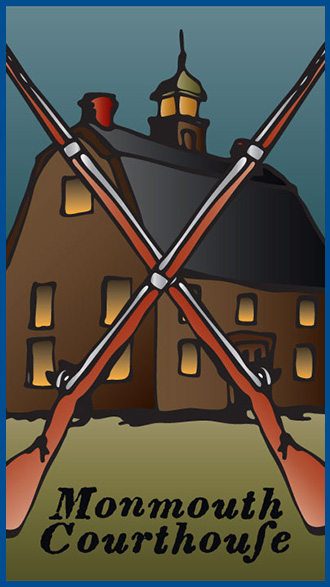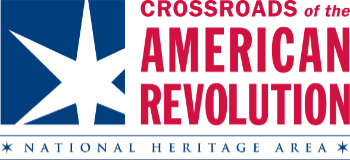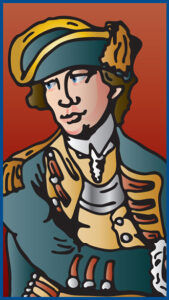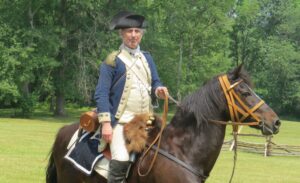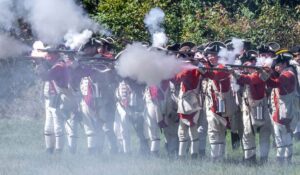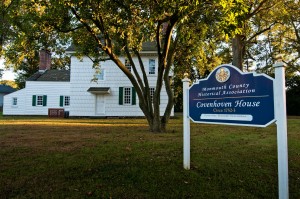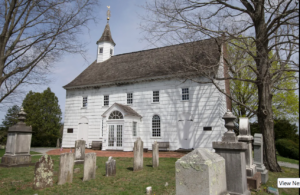Meet Your Revolutionary Neighbors
Lieutenant-Colonel David Rhea
1740 – 1821
I was a soldier who helped win one of the largest battles of the war.
I was born in 1778, to a family that had lived for three generations on the land where the Battle of Monmouth would be fought. My Scots grandparents were among the first Europeans to settle there and they eventually owned 700 acres. Our family worked in farming, milling and local business, so I grew up knowing the local area very well.
I joined the Second New Jersey Regiment and saw hard service in Canada in 1776, along the Raritan River in the summer of 1777, and in Pennsylvania that fall. But then the British abandoned their occupation of Philadelphia on June 18, 1778, and headed for New York. We stayed out in front of them, making their retreat difficult by sniping at them, destroying bridges, blocking roads, and filling in wells so they couldn’t draw any water.
General Lee and General Washington got into an argument over Lee’s performance, and I told one of Washington’s aides-de-camp that I could help. I rode with him to a place on Henry Perrine’s farm called Combs Hill, and suggested he place his artillery there. He then asked me to guide General Greene to that place. Because of my advice, we were able to win the longest, hottest battle of the war, and one of the biggest.
I never married and I died on June 14, 1781. You can see my tombstone in the Tennent churchyard.
Learn More
